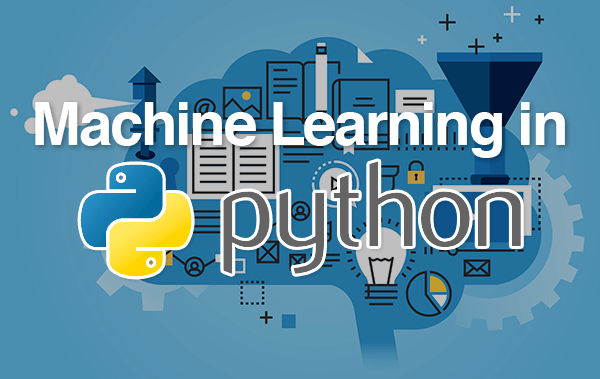
Course Description:
This course will provide you a foundational understanding of machine learning models (logistic regression, multilayer perceptions, convolutional neural networks, natural language processing, etc.) as well as demonstrate how these models can solve complex problems in a variety of industries, from medical diagnostics to image recognition to text prediction. In addition, we have designed practice exercises that will give you hands-on experience implementing these data science models on data sets. These practice exercises will teach you how to implement machine learning algorithms with PyTorch, open-source libraries used by leading tech companies in the machine learning field.
Key Features of Course Divine:
Career Opportunities After Machine Learning:
Essential Skills you will Develop Machine Learning:
Tools Covered:
Syllabus:
Module 1: Introduction to Machine Learning What is Machine Learning? Types: Supervised, Unsupervised, Reinforcement Learning ML vs AI vs Deep Learning
Applications and Use Cases ML Lifecycle.
Module 2: Python for Machine Learning Python Basics & Libraries Data Structures and Functions Data Manipulation and Visualization Notebooks & IDEs.
Module 3: Data Preprocessing and Feature Engineering Data Cleaning (Handling Missing, Duplicate Data) Data Encoding, Normalization, Standardization Feature Selection & Extraction Outlier Detection.
Module 4: Supervised Learning Linear Regression, Logistic Regression Decision Trees, Random Forests Support Vector Machines (SVM) k-Nearest Neighbors (-NN).
Module 5: Unsupervised Learning Clustering: K-means, Hierarchical, DBSCAN
Dimensionality Reduction: PCA, t-SNE Association Rule Mining (Aprior, FP-Growth).
Module 6: Model Evaluation and Selection Cross Validation Techniques Confusion Matrix, Accuracy, Precision, Recall, F1-Score ROC-AUC Curve Bias-Variance Tradeoff.
Module 7: Advanced Machine Learning Algorithms Gradient Boosting Ensemble Learning (Bagging & Boosting) Stacking and Voting Classifiers.
Module 8: Deep Learning Basics Introduction to Neural Networks Perceptron and Activation Functions Tensor Flow and Kera Basics Building Simple Neural Nets.
Module 9: ML in Practice ML Pipelines and Workflow Automation Model Deployment Basics (Flask) Version Control with Git ML Project Structure & Documentation.
Module 10: Capstone Project and Certification End-to-End ML Project (Real-time Dataset) Model Building, Evaluation, and Deployment Presentation of Results Final Assessment & Certification.
Industry Projects:
Who is this program for?
How To Apply
Mobile: 9100348679
Email: coursedivine@gmail.com

You cannot copy content of this page